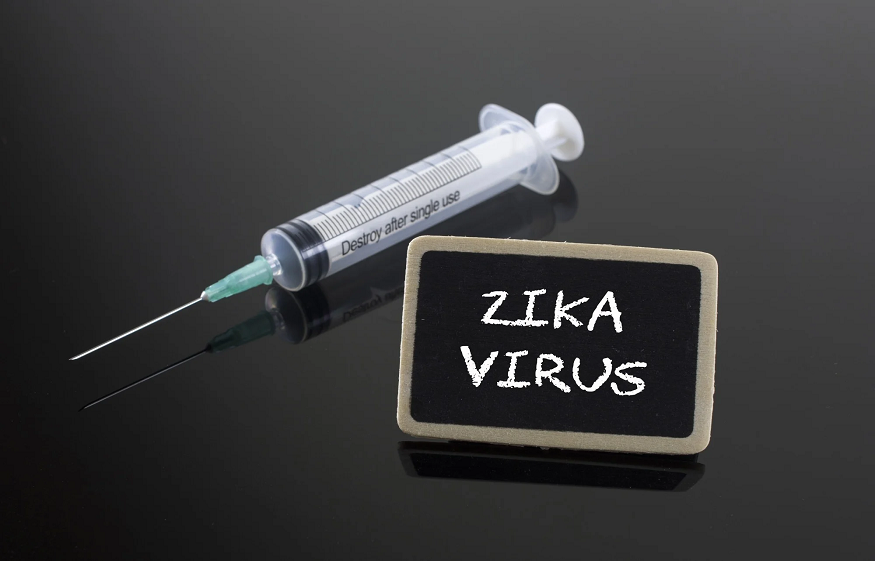The Zika virus, a mosquito-borne flavivirus, gained global attention in recent years due to its association with severe birth defects and neurological complications. The outbreak that began in 2015 raised concerns worldwide, leading to intensive research efforts aimed at understanding the virus, its transmission, and potential preventive measures. In this blog post, we will explore the current state of Zika virus research, including key findings, ongoing studies, and future perspectives.
Understanding Zika Virus
1. Transmission and Symptoms
Zika virus is primarily transmitted through the bite of infected Aedes mosquitoes, primarily Aedes aegypti and, to a lesser extent, Aedes albopictus. It can also be transmitted through sexual contact and from mother to fetus during pregnancy. Many infected individuals may not display any symptoms, while others experience mild symptoms such as fever, rash, joint pain, and conjunctivitis. However, the most significant concern is the association of Zika virus infection during pregnancy with serious birth defects, including microcephaly and other neurological disorders in infants.
Key Findings and Advancements
1. Link to Birth Defects
Research has confirmed the causal link between Zika virus infection during pregnancy and microcephaly, a condition characterized by an abnormally small head and brain. Studies have also identified other neurological abnormalities associated with Zika virus infection, such as vision and hearing impairments, cognitive deficits, and developmental delays. This understanding has significantly contributed to prenatal counseling and public health strategies to prevent Zika virus transmission among pregnant women.
2. Development of Diagnostic Tools
Efforts have been made to develop accurate and reliable diagnostic tools for Zika virus detection. These include molecular tests, such as reverse transcription-polymerase chain reaction (RT-PCR) assays, which can detect viral RNA in blood or other body fluids. Serological tests, including enzyme-linked immunosorbent assays (ELISAs), are used to detect Zika virus-specific antibodies in the blood. These diagnostic tools are essential for early detection and monitoring of Zika virus infection.
3. Vector Control Strategies
Controlling the mosquito population plays a crucial role in preventing Zika virus transmission. Research has focused on identifying effective vector control strategies, including insecticide use, larval source reduction, and genetic manipulation of mosquitoes to limit their ability to transmit the virus. Additionally, community engagement and education programs have been implemented to raise awareness about mosquito breeding sites and promote personal protective measures.
Ongoing Research and Future Perspectives
1. Vaccine Development
The development of a safe and effective Zika virus vaccine remains a high priority. Several vaccine candidates have undergone preclinical and clinical trials, showing promising results in terms of immunogenicity and safety. However, further research is required to optimize vaccine candidates, evaluate their long-term efficacy, and ensure their accessibility to at-risk populations.
2. Understanding Long-Term Effects
Long-term follow-up studies are ongoing to better understand the potential long-term health consequences of Zika virus infection, particularly in infants and children who were exposed to the virus during pregnancy. These studies aim to assess neurodevelopmental outcomes, cognitive function, and the presence of any latent or persistent viral reservoirs.
3. Enhanced Surveillance and Response
Strengthening global surveillance systems is essential for early detection and response to Zika virus outbreaks. Integrated surveillance networks allow for rapid identification of cases, monitoring of vector populations, and assessment of the virus’s geographical distribution. Timely and accurate data collection is crucial for informing public health interventions and guiding control measures.
Conclusion
The research on Zika virus has made significant strides since the outbreak in 2015, leading to a better understanding of the virus, its transmission, and associated health outcomes. The identification of the link between Zika virus infection and birth defects has been pivotal in guiding preventive measures and counseling for pregnant women. Ongoing research aims to develop vaccines, improve diagnostic tools, and further investigate the long-term effects of Zika virus infection. Continued collaboration between researchers, public health agencies, and communities is vital to mitigate the impact of Zika virus and protect vulnerable populations worldwide.




